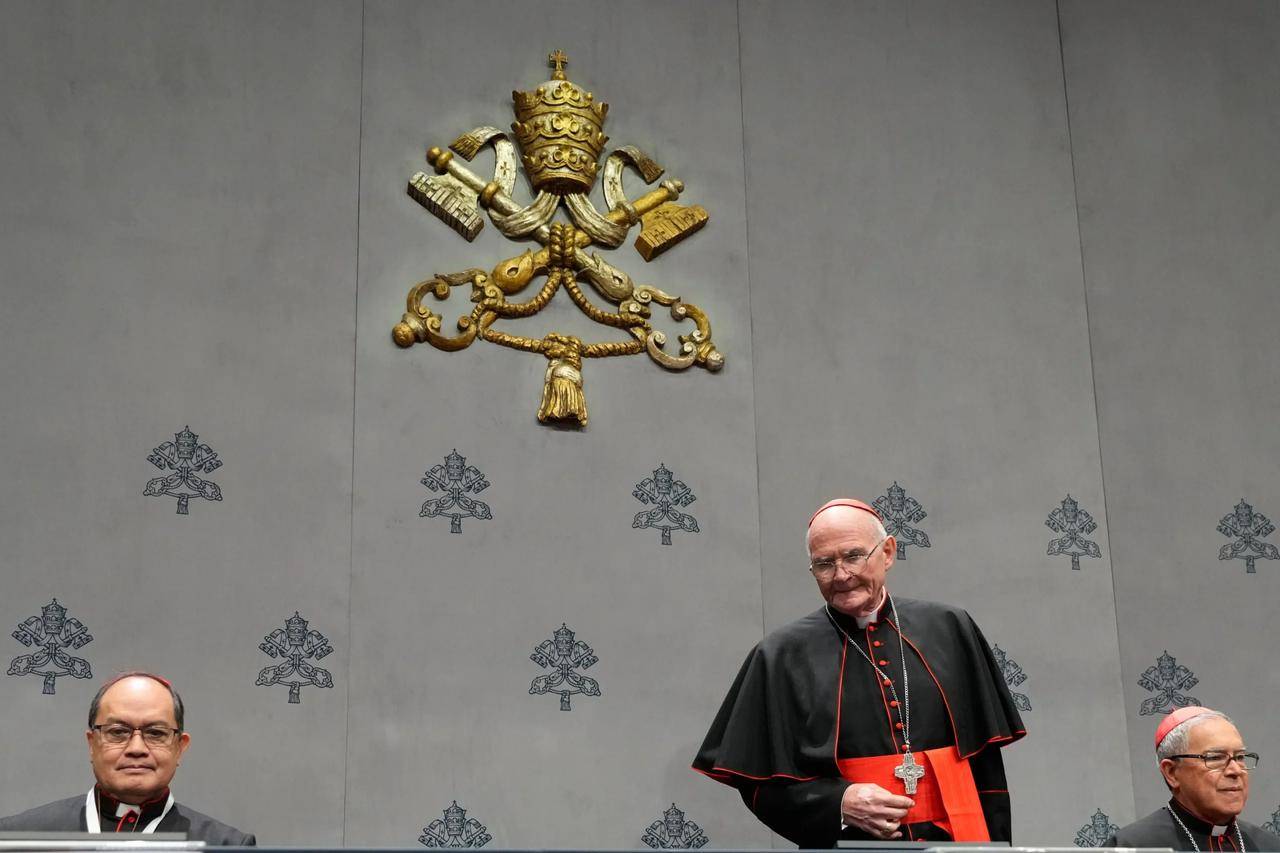“I have always believed in divine timing.” So said Oprah Winfrey on Saturday at a screening of “Selma,” the soon-to-be released powerhouse movie she co-produced and acted in. Though “Selma” focuses on a 50-year-old civil rights struggle, Winfrey is just one of many to point to the chilling resonance to protests now over the deaths of unarmed black men by police.
It was TV coverage of police beating and gassing unarmed black protesters on the Edmund Pettus Bridge in Selma, Alabama, that finally sparked federal action to protect blacks protesting for their right to vote.
It was video of New York City police taking down an unarmed Eric Garner that sparked protests all around America the day before Winfrey remarked, in tears, on the movie’s timing, and its ability to inspire a new generation of civil rights’ activists.
Before a screening of “Selma” in Boston Monday, the film’s director, Ava DuVernay, remarked on the uncanny timing as well. “Fifty years ago we were doing what we’re doing now,” she said at a forum with local clergy, who said religious leaders must join this new civil rights fight as they did back then (the Selma marches were filled with ministers, priests, and nuns in full habits).
“It all started in the church,” said the Rev. Liz Walker, Roxbury Presbyterian Church’s senior pastor. “The church has got to take the lead again.” This movie, she said, could help galvanize both faith leaders and young Americans.
“Selma,” already getting Oscar buzz, tells the story of the 1965 marches in Alabama. Martin Luther King Jr. and his Christian Leadership Conference well understood, were they to succeed, that they needed to raise white awareness about the humiliating abuses endured daily by African Americans there. They sought press and TV cameras to document these injustices, and then broadcast them to a heretofore-skeptical world. King chose Selma in part because he knew the notoriously brutal local sheriff, Jim Clark, would likely react to non-violent gatherings of blacks with rage. Clark, and other local law enforcement, did not disappoint.
On the evening of Feb. 18, local police and Alabama state troopers attacked a peaceful march in nearby Marion. They crushed the cameras of two United Press International photographers and sent one badly beaten NBC reporter to the hospital. As “Selma” records in one horrifying scene, state troopers also chased three fleeing protesters, one an old and feeble man, into a café. There one trooper shot 26-year-old church deacon Jimmie Lee Jackson in the stomach, at close range, as he tried to shield his mother from their blows.
It was Jackson’s death that sparked the first Selma march. Unarmed, peaceful protesters walked across the Edmund Pettus Bridge to be met by a terrifying blockade of police, with Clark in charge. When marchers would not disperse, police, some on horseback, attacked with clubs, whips, and tear gas. The price was dear, but organizers had their proof. Cameras could not lie, and television coverage of ‘‘Bloody Sunday,’’ as the event became known, triggered outrage from coast to coast.
Likewise video coverage of a single man’s struggle with police, shown over and over on TV all this weekend, triggered national horror: There was no denying how Eric Garner died.
Two separate grand juries failed to indict Alabama State Trooper James Bonard Fowler for shooting the unarmed, fleeing Jimmie Lee Jackson in that café in 1965. That resonates yet again today with two separate grand juries failing to indict police for any crime at all in the deaths of Garner and Michael Brown, 18, of Ferguson, Missouri. Fowler, like Ferguson Police Officer Darren Wilson, also claimed he shot Jackson in self-defense after Jackson tried to get Fowler’s gun.
“Selma” does not get into this, but in 2007, 42 years after the crime, Fowler was finally charged with first-degree murder. In 2010 he pled guilty to manslaughter and was sentenced to six months in jail.
At the “Selma” screening in Boston, the Rev. Walker said Americans, particularly young Americans, need to know this history and remember it. Police injustice against African-Americans did not end in Selma a half century ago; it continues. “We are part of something huge and something that will not be stopped,” she said of the continuing civil rights battles. “I hope the young people in this movement today know this, and will see that (the movement) is growing.”
“Selma” is set for limited release Christmas Day and opens wide January 9.













